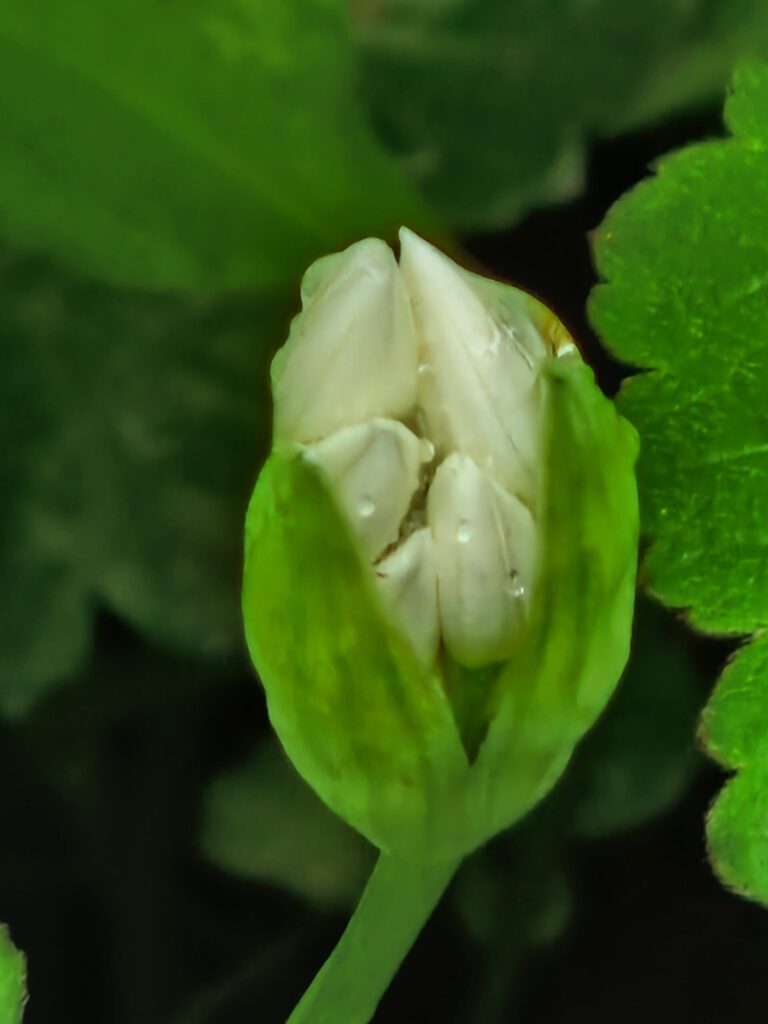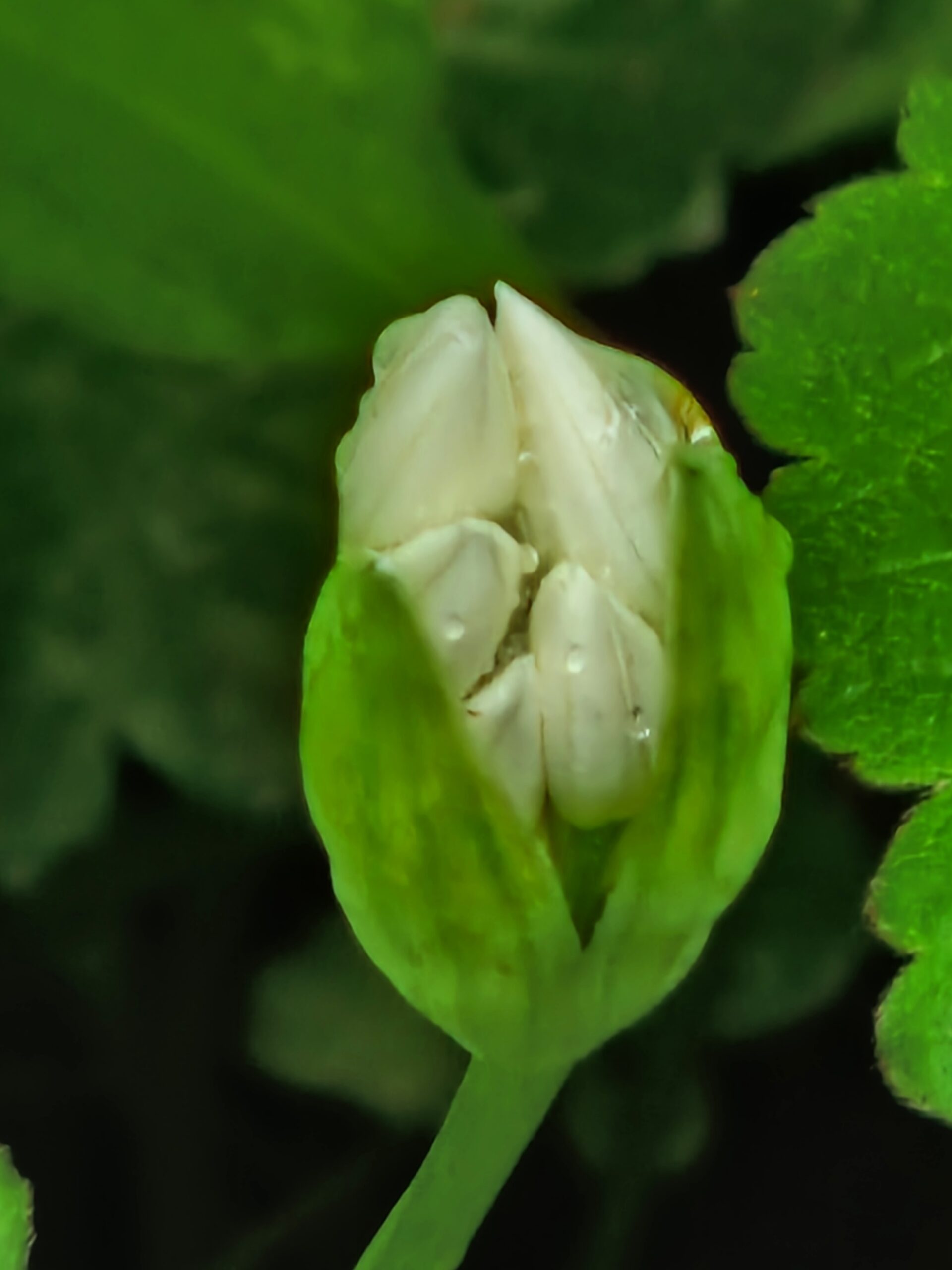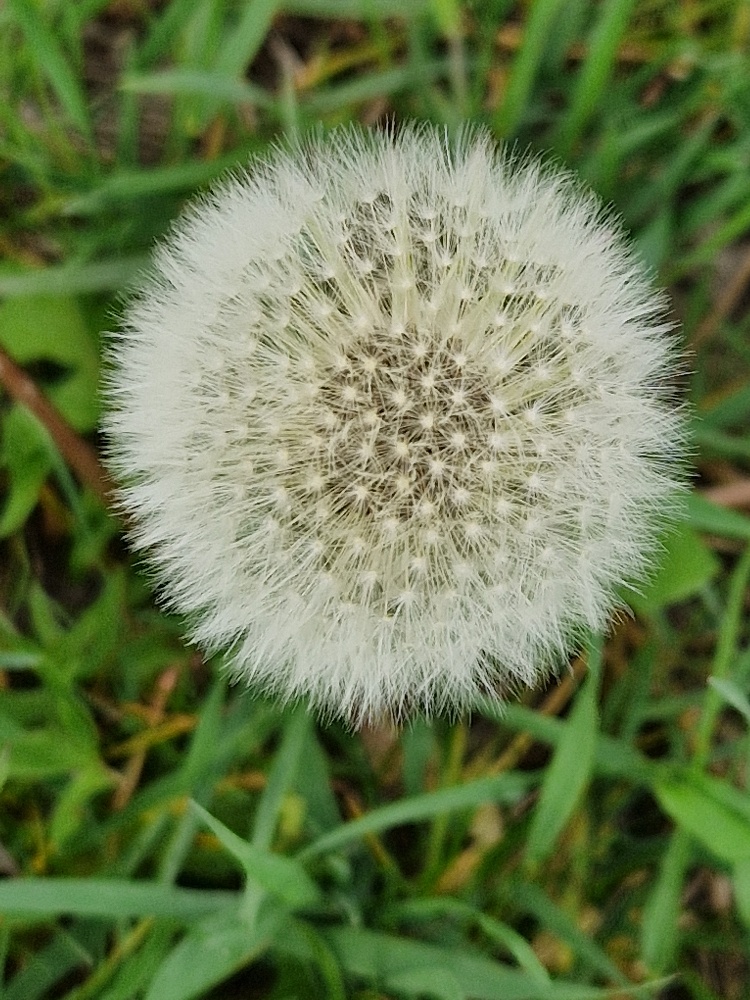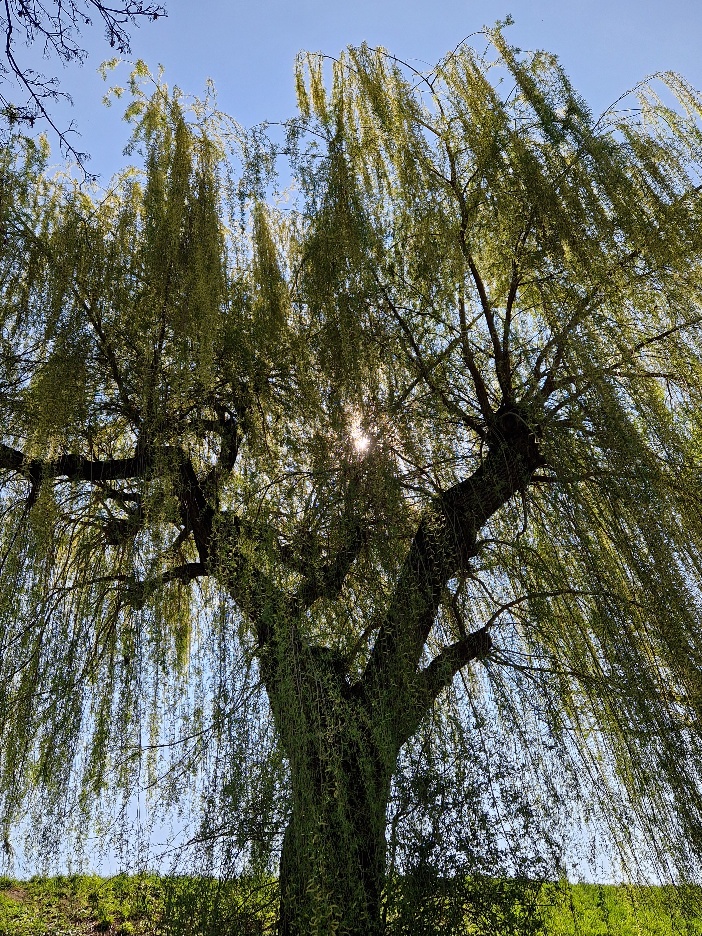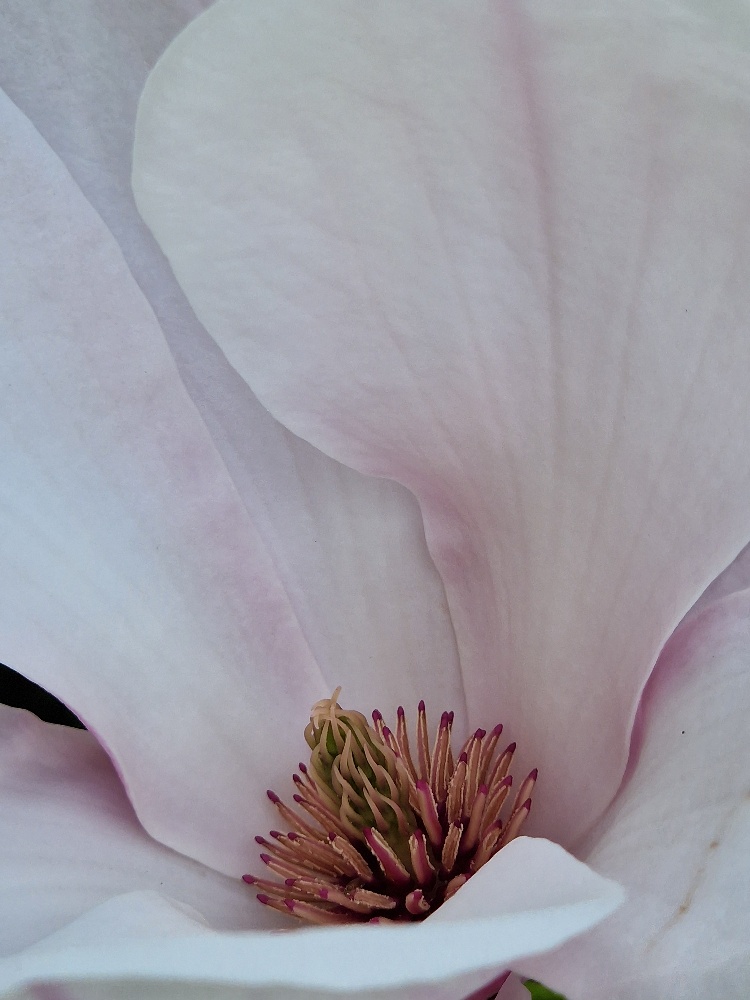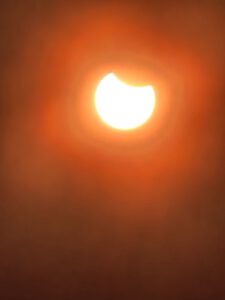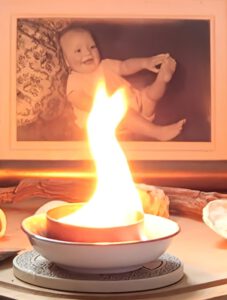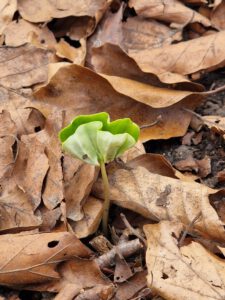Rivers do not drink their own water and so also trees do not eat their own fruits. Likewise, rain bearing clouds (which help growing various grains) do not eat the grains. Surely, the aim of great noble and righteous persons in their lifetime is to do self-less service to humanity.
From the Subhashitas, Hindu Proverbs
People will forget what you said. People will forget what you did. But people will never forget how you made them feel.
Maya Angelou
To give real service you must add something which cannot be bought or measured with money, and that is sincerity and integrity.
Douglas Adams
The light of Easter … impels us to care for one another, to increase our mutual solidarity, and to work for the integral development of each human person.
Pope Francis, Urbi et Orbi 2025
This has been a momentous week for many people throughout the world. Whether aligned to an organised religion or not, many lives will have been impacted, in one way or another, by the life of service of Jorge Mario Bergoglio, more widely known as Pope Francis I, who died on Easter Monday at the age of 88, after a prolonged illness.
On Easter Sunday, the day before his passing, he managed to address his congregation in St Peter’s Square for the very last time, calling on the peoples of the world to practice solidarity with one another.
His address included the following statements: Christ is risen! These words capture the whole meaning of our existence, for we were not made for death but for life. Easter is the celebration of life! God created us for life and wants the human family to rise again! In his eyes, every life is precious!…
What a great thirst for death, for killing, we witness each day in the many conflicts raging in different parts of our world! How much violence we see, often even within families, directed at women and children! How much contempt is stirred up at times towards the vulnerable, the marginalised, and migrants!
On this day, I would like all of us to hope anew and to revive our trust in others, including those who are different than ourselves, or who come from distant lands, bringing unfamiliar customs, ways of life and ideas! For all of us are children of God!
In the stillness of my own heart, the feast of Easter has taken on a special meaning over the years. This feast is always a welcome reminder to reflect upon and develop this meaning even further.
When exploring the contents of the great spiritual teachings, I am always keen to discover the metaphorical meaning of the events described therein. Did a great 33-year-old prophet really die brutally on a cross and rise from the physical death three days later? Perhaps. In my view, the meaning and spirit of the story have more power than the, often disputed, facts.
In one of my favourite prayers, The Prayer of St. Francis, we find the final line: And it is in dying that we are born to eternal life.
Those who reared me in the conservative Catholic Irish tradition left me in no doubt that this meant that if we died having given good account of ourselves in this life, in terms of moral behaviour, we would subsequently not have to go to Hell but would be directed towards Heaven.
There was also the insinuation of guilt on my part for the suffering of Christ. After all, we were told, Christ died to absolve our sins. Imagine filling the heads and hearts of young children with such toxic nonsense! Looking back now, it is clear that this was the product of ignorance. Our parents, and theirs, had been fed the same narrative. This generational guilt-tripping seems to be as old as the hills.
But even very early on, this stopped making sense to me. Why would a loving, forgiving God want us to be anywhere other than in Heaven? Did scripture not contain the statement: The Kingdom of Heaven is at hand? What does that mean?
Why try to influence what happens when we die when we are so challenged with the present, cannot even imagine the possibilities beyond, and are petrified by the prospect of death? Who establishes the rules of moral behaviour, and to what end?
How could an innocent child carry the mark of original sin? What was my part in nailing Christ to the cross? It didn’t make sense then and it doesn’t now. Perhaps there are hidden layers of meaning below the surface.
My time as an active member of organised religion ended during early puberty. Deliberately missing Mass on Sundays or Holy Days of Obligation without a serious reason is generally considered a mortal sin in the Catholic Church. A mortal sin is defined as `a grave offence against God, breaking the covenant with him and potentially leading to eternal separation.´ Yes, that reads eternal separation!
I well remember intentionally skipping Sunday mass for the first time around the age of ten or eleven, waiting anxiously for the bolt of lightning to annihilate me, only to find that this didn’t happen. That was a game changer. This experiment was not done on the spur of the moment. It took me a long period marked by internal anguish before summoning up the courage to follow through with it. It was a private affair, between me and my Maker.
Fast forward to where life has taken me today. What, then, could be the hidden layers of meaning below the surface when it comes to Easter?
The timing gives us some hints. Easter is a lunar festival, the date being determined by the phases of the moon in conjunction with the vernal equinox (in the northern hemisphere). The equinox, in turn, is a milestone in the pattern of movement of two celestial spheres, the Sun of our vast solar system and the planet we call our home.
Easter Sunday is the first Sunday after the full moon following the Spring Equinox. If the full moon falls on a Sunday (as was the case this year), Easter is then celebrated on the following Sunday.
In a world where so much is fixed or linear, and automated in purely human terms, disconnected from the infinite expanse of Creation, it is refreshing to have such festivals which are not scheduled by human design alone but are determined by the great force of Nature of which we are a part.
Spring is the time of rebirth. After the long months of winter, where darkness reigned, the explosion of colour, sound, and growth cannot but touch our hearts and minds. The symphony of seemingly everlasting life, the unadulterated joyous `Yes!´ to life, is once again unmistakable, audible, and visible at every turn. We are swept up in this chorus, this affirmation of life.
What then dies at Easter and what is resurrected? Let’s look at the inner landscape of the human being. Could it be that one aspect of the human condition, for example the ego, is eclipsed by a higher aspect, namely the Divine?
In the Sikh tradition, the terms `self´ and `Self´ are used to distinguish between these two. Contrary to the concept of eternal separation referenced above, this tradition tells us we are what we came from, an inseparable Spark of the Divine.
The ego has an important role to play in the life of every human. The first half of life, according to C. G. Jung, is about establishing and developing the ego, that we may take our rightful place in the material world. After the mid point, however, after the ego has reached full moon, so to say, it is time to wane (in the sense of relinquishing itself) and be superseded by the higher or True Self.
The contemporary Franciscan mystic, Fr Richard Rohr points out that the first half of life is about accumulation while, in the second, we are called to engage in the `spirituality of subtraction´.
When we review our lives, we see that much of our energy in the first half is focussed on acquiring capabilities, material, status, knowledge, etc. This is both natural and necessary, if we are to survive and realise our potential in the world of matter.
As we traverse the mid point, however, we may begin to feel a shift. The setbacks we have suffered have changed our perspective. Much as we have tried to manage or control life, we generally conclude that the best we can do is navigate it in the given conditions.
As a student, for example, I was convinced that we were going to change the entire world, turn things on their heads, and create a better form of humanity. It is now clear that the only person I can really change is me.
The focus shifts from changing things `out there´ to the inner work `in here´. While we cannot change the circumstances in which our lives unfold, we do have agency to determine, ourselves, how we respond to those circumstances. This is our opportunity to manifest free will.
What is it that we wish to change in our lives? On reflection, we can see that many of the strategies we developed in early life, strategies that ensured our survival back then, are no longer fit for purpose. On the contrary, they have become counter productive.
Take, for example, the phenomenon of maintaining the illusion of control. This is one of the things that kept my head above water in a childhood impacted by anxiety, adversity, and alienation. As long as I felt in control of certain situations, there was a sufficient feeling of safety to keep me going. This illusion may have been fostered by performing well (Hyper Achiever), becoming invisible (Avoider), being the director of my own private drama (Hyper-Vigilant), or any number of different ways. The Inner Critic (Judge) insists that life can be lived on my very own personal terms.
The trouble with these strategies is that they only work until they no longer do. Life has a way of bringing these protective barriers down, so that we may develop more loving responses to replace the fear-driven reactions of old.
Addiction is a prime example. First emerging as a coping strategy to take the edge off the unbearability of being, it offers instant relief, only gradually to morph into a manifestation of the great thirst for death. A person engaged in any form of addiction has slipped into suicide by instalments, the gradual grind of the negation of life. The lucky ones hear the call for resurrection and follow it.
Once we begin on this new path of regeneration, we learn that what we discover is not only good for our well-being but also beneficial to those others who wish to join in the process of regeneration and recovery. Then we stumble upon the paradox that our own healing is greatly boosted by us helping others in their growth.
This opens up endless opportunities for service. We no longer reside in a world-view of scarcity that yells that we didn’t get enough and are in constant need of validation from the people, places, and things of this world. Instead, we re-awaken our awareness of our participation in the Source of Infinite Abundance and are recalibrated as a channel of these energies.
By means of awareness, acceptance, and appropriate treatment, the old self of untreated woundedness, the self of neediness and scarcity gradually dies on the cross of Calvary.
Then comes the part that can be really scary. The silent phase between Good Friday and the morning of Easter Sunday. In my experience, this phase requires trust in the process and support of fellow travellers who are consciously treading a similar path, to be reminded that we are not made for death but for life.
This period of maturation may take a day, a month, a year, even what seems like a lifetime. The point is that we don’t quit until the miracle happens. By sincerely sharing with integrity what we experience in this purgatory, we are now already becoming the servant which we aspire to be.
Then comes the bright sunshine of Easter Sunday morning. The weight of unhealed wounds begins to lift, vitality increases, and life takes on a new flavour. Food tastes better, colours are brighter, music seems sweeter.
Liberated from the dualism of give or take, we now experience the reality of channelling the energies of Source, back and forth, in our daily encounters and all or our affairs, as in a tidal estuary.
Respecting ourselves and others, we walk our own path, letting go of the well-trodden paths our fears used to dictate. We no longer feel the need to disparage, to judge, to blame, or to interfere. We love more, forgive more, embrace more, live more intensely.
We do what is within our earthly power to serve in the process of co-creation and leave the rest in the hands of the Creator. As the great Indian poet Rabindranath Tagore wrote: I slept and dreamt that life was joy. I awoke and saw that life was service. I acted and behold, service was joy.

